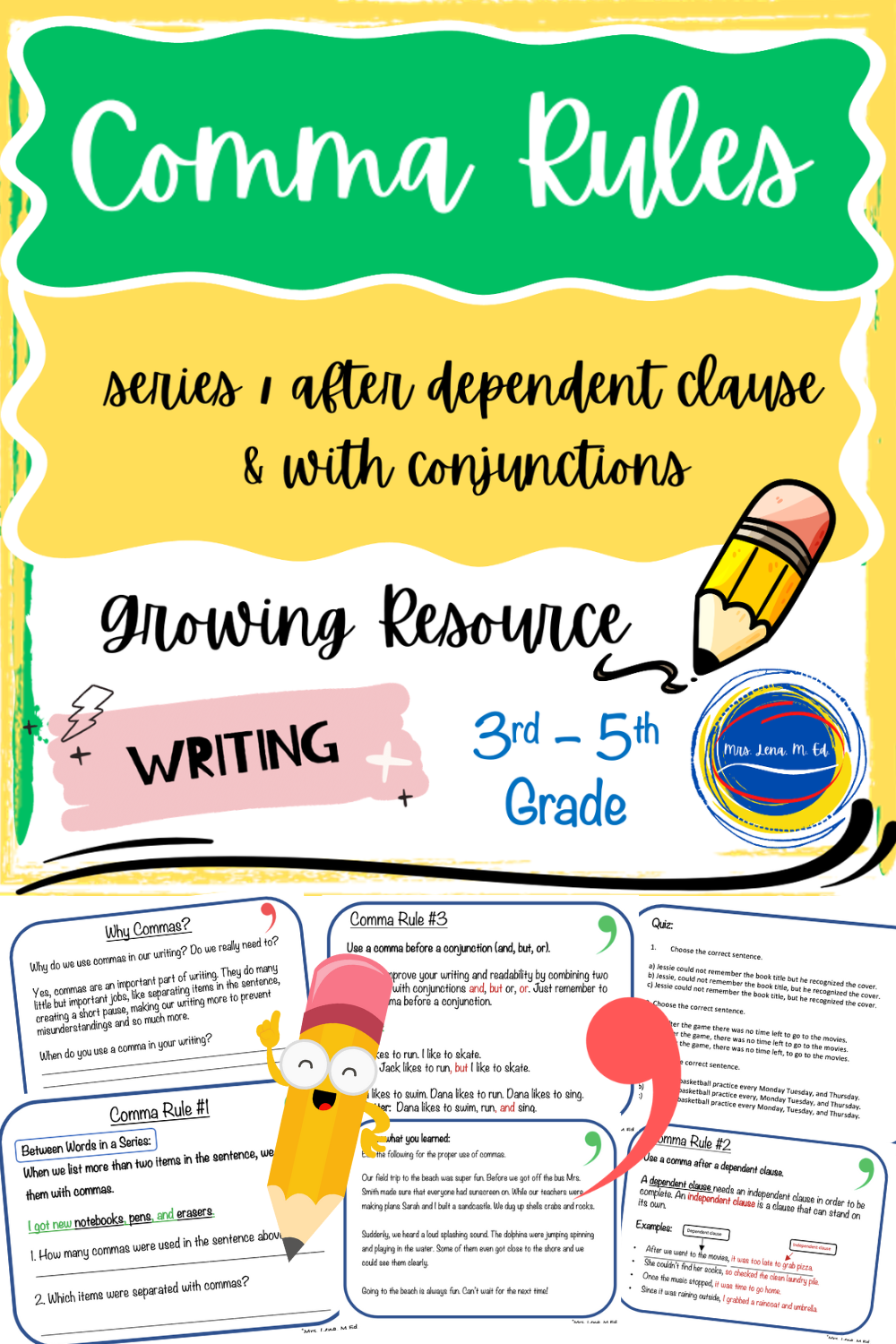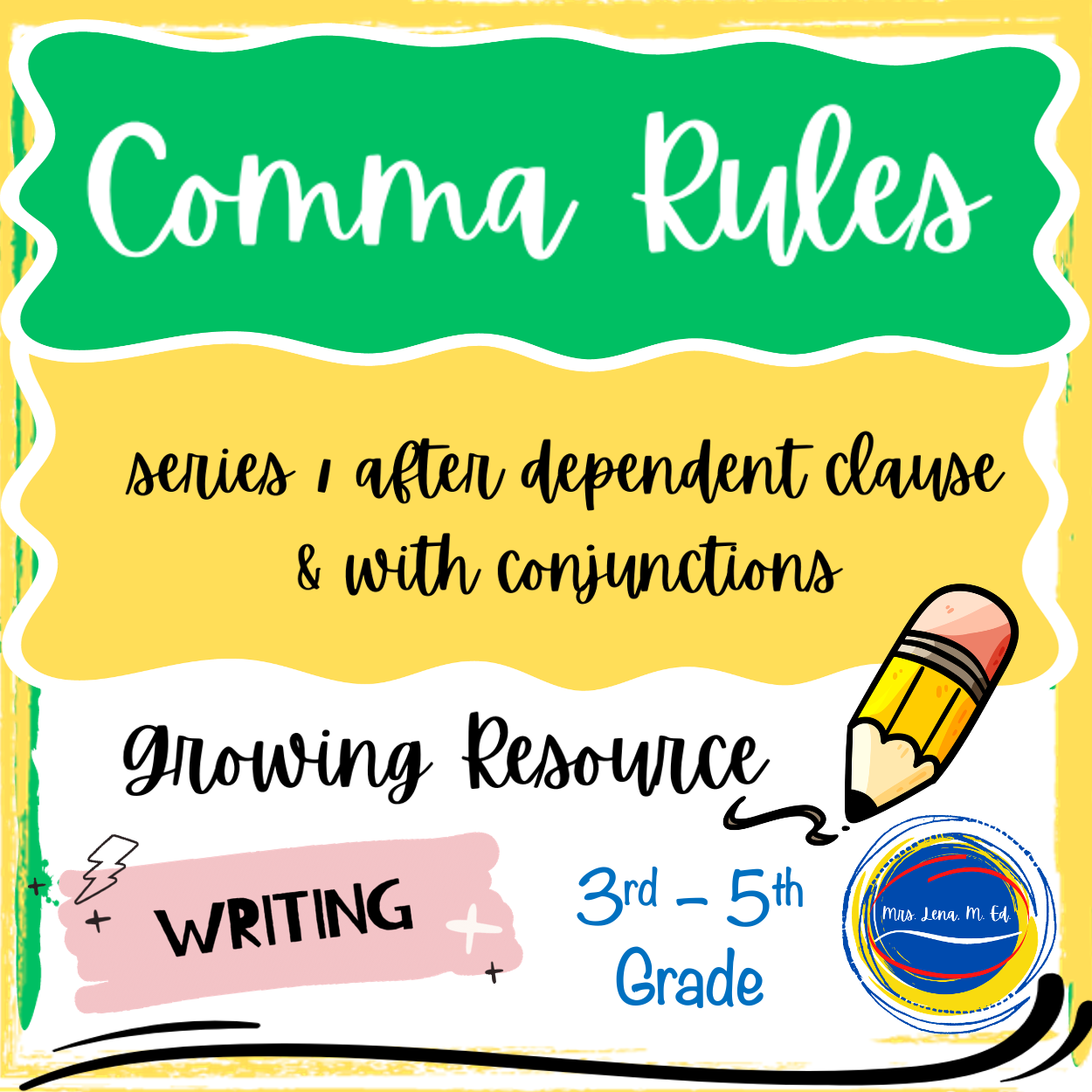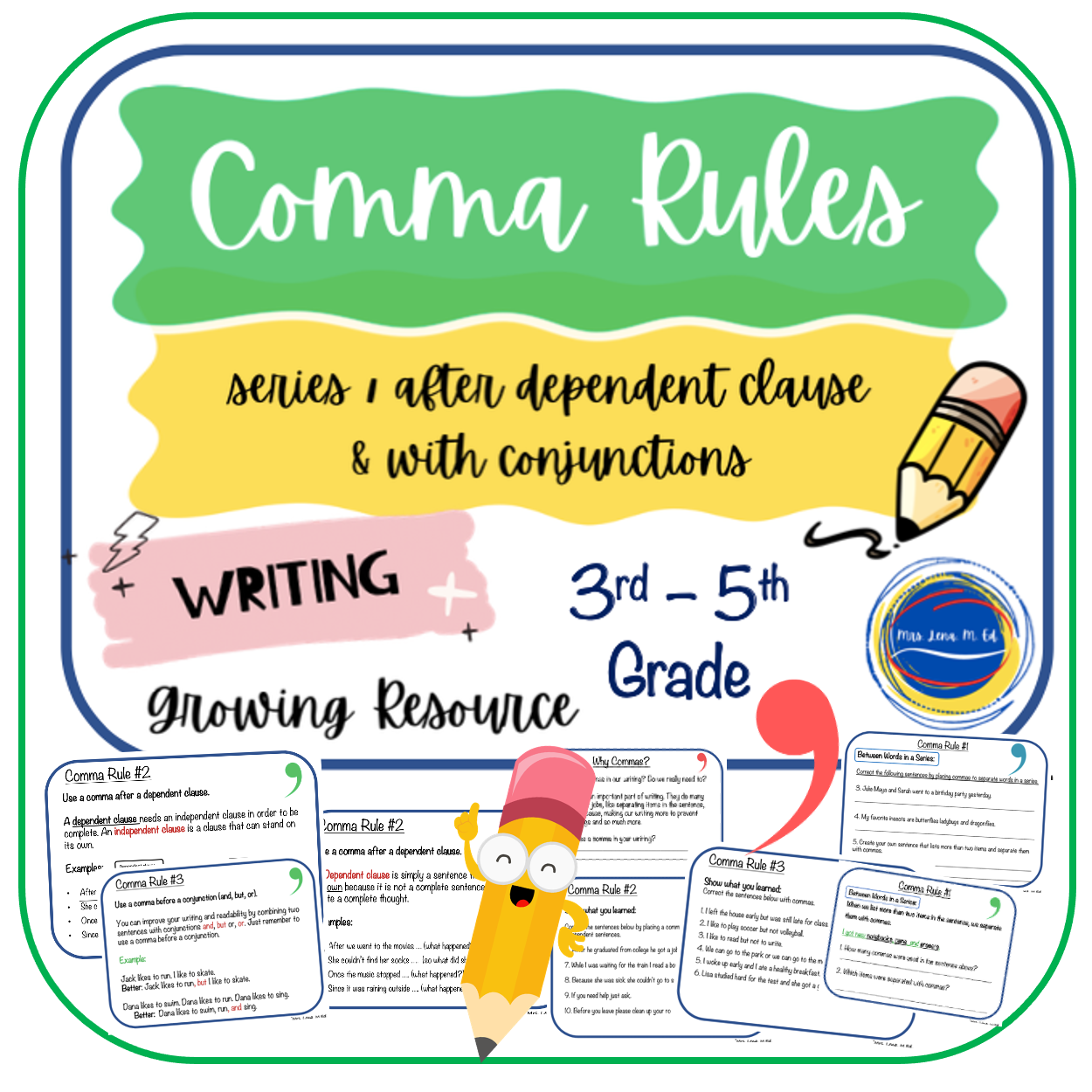Before winter break, I was working with a group of high schoolers and we somehow got into a conversation about the importance of punctuation. Odd, I know. The students wanted to know why couldn’t we just do away with punctuation. It serves no purpose. It basically restricts our thought and creativity. So why do it?
Looking back, I am sure that my peers, myself included, had the same thought when we were teens. I clearly remember being impressed that a number of famous writers like E.E. Cummings, James Joyce, and William Faulkner (and the list goes on) created amazing works while ignoring the rules of spelling and punctuation.
Now, I am all for pressing delete when it comes to unnecessary learning tasks, but punctuation is simply not one of them. I will be the first to read the famous works of my students one day that follow no punctuation rules, but to break the rules, we have to first learn the rules.
Becoming a good writer is a process that takes a lot of time, thought, and reading. For students to become good readers, they have to internalize punctuation rules so that they can understand the readings.
Punctuation is on the page as a part of the author’s communication. Commas and periods give us a sign to pause, chunk information, and hear the story in our minds.
Teaching punctuation rules is one of the most important writing skills. Not only will your students become better writers once they are able to properly use punctuation, but they will also become better readers.
Paying attention to punctuation allows the brain to slow down the reading process and move away from mere decoding of the words to understanding the text.
Plus, of course, the end-of-the-year state exams have incorporated a writing aspect on which students will be graded and assessed as well as, writing conventions questions.
Comma Rules Series, Dependent Clause with Conjunctions is a language pack that will help your students learn when and how to use commas in their writing. Also how to recognize and correct writings where the proper punctuation is missing.
Comma Rules Pack walks students, step-by-step through three main comma rules, provides practice, and ends of the lesson assessment.
Ideal for whole and group instruction in upper elementary grades, writing centers, test prep, and independent work.
Comma Rules Series, Dependent Clause and Conjunctions Pack Includes:
- 3 Main Comma Rules – Series, Dependent Clause and Conjunctions
- Between Words in Series Examples and Activities
- The use of Commas Between Dependent and Independent Sentences – examples and practice
- The Use of Commas Before Conjunctions
- All three rules will help students not only learn how and when to use commas in their writing but be better writers and editors of their text and texts of others.
- The Post Lesson Quiz & Answer Key(s) Included
Aligned with:
Common Core Standards:
- CCSSL.3.1 – Demonstrate command of the conventions of standard English grammar and usage when writing or speaking.
- CCSSL.4.1 – Demonstrate command of the conventions of standard English grammar and usage when writing or speaking.
- CCSSL.4.2c – Use a comma before a coordinating conjunction in a compound sentence.
- CCSSL.4.3b – Choose punctuation for effect.
- CCSSL.5.2a – Use punctuation to separate items in a series.
- CCSSL.5.2b – Use a comma to separate an introductory element from the rest of the sentence.

SIMILAR RESOURCES:
Have Fun Teaching!
Mrs. Lena, M.Ed.
Follow KidsRead on Pinterest

